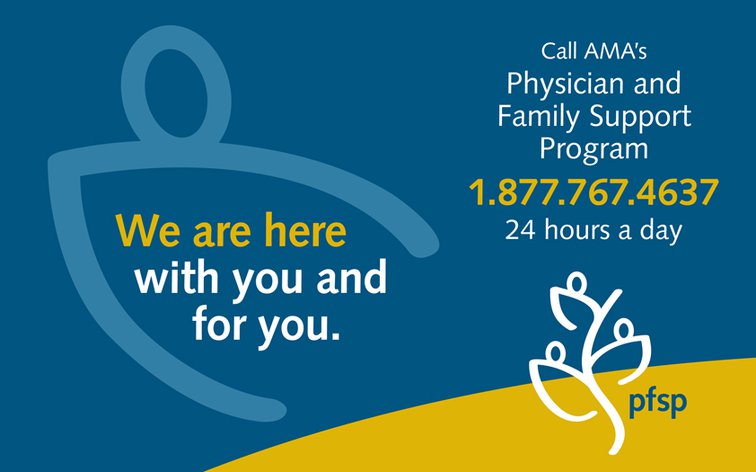If I am abnormal,
are you normal?
If I am special,
are you ordinary?
If I am different,
are you all the same?
If I am shamed,
do you feel proud?
If I am alienated,
do you feel included?
If I seem inferior,
do you feel superior?
Is pity kindness?
Where I am tolerated, you are often accepted.
Where it is my privilege, it is often your right.
So maybe...
when I am told to conform,
something needs to change;
when I have abilities,
I can support your disabilities;
when I try to be like you,
it doesn’t make us stronger.
Maybe the things I have to give, you could receive.
Maybe kindness is ordinary, not heroic.
Maybe we are not opposites…
You and I both embody a part and a love.
You and I each have a story.
Our stories contain…
normal and abnormal,
special and ordinary,
difference and similarity.
With feelings of …
shame and pride,
alienation and inclusion,
inferiority and superiority.
And times of …
conformity and change,
ability and disability,
giving and receiving.
Our stories have moments of …
tolerance and acceptance,
pity and kindness,
privilege and right.
Our stories are all ordinary.
Our stories are all heroic.
If we come together,
we can share our stories.
We can use words that are softened and gracious.
We can be open and present.
Together we can be new kinds of normal.
And you will discover that
what I am is what you are.
The End
Glossary
Ability: Having a skill to do something
Abnormal: Unusual in a way that causes problems
Accept: To allow one to belong
Alienate: To make someone feel that they are different and not part of a group
Change: To be or do differently
Conform: To do what most other people do
Different: Not the same as others
Disability: An attribute (physical, cognitive, mental, sensory) of a person, that due to barriers created by various interactions, restricts full participation*
Embody: To be a symbol or example of something
Give: To provide someone with something wanted or needed
Gracious: To behave with respect and kindness
Hero: Courageous or self-sacrificing behaviour
Include: To make someone a part of something
Inferior: Attitude that one has less importance or value
Kind: Wanting to do good things and to bring happiness to others
Normal: Usual or ordinary
Open: Being honest and willing to listen and consider another point of view
Ordinary: Having no special or distinctive features
Pity: Sadness caused by the suffering and misfortunes of others
Present: Paying attention in the moment with another person**
Privilege: A benefit enjoyed by certain people but not others
Proud: Very happy and pleased because of something you have done
Receive: To be given and accept something
Right: Something a person should be allowed to have or do and not be taken away
Same: Exactly like someone else
Shame: To make someone feel unworthy of honour and respect
Soften: To become less harsh or extreme
Special: Better or greater than the usual person
Story: A description of important events in someone’s life
Superior: Attitude that one is better or more important than other people
Tolerate: To allow one to exist
Definitions adapted from Miriam-Webster’s Learner’s, Oxford and Cambridge Dictionaries.
* Adapted from ongoing research
** Adapted from mindfulness literature
Note from Dr. Klassen:
“I wrote it in response to tensions I have felt as I raise my children with disabilities. It invites reflection about the polarized positions we take in relation to others, specifically those with disabilities. While it offers no clear answers, “What I Am Is What You Are” suggests that cultural strength is found in both the fertility of difference and the appreciation of similarities; that it is our stories, when shared with love and openness, that have the power to connect us.”
Banner image credit: Gisela Merkuur, Pixabay.com

